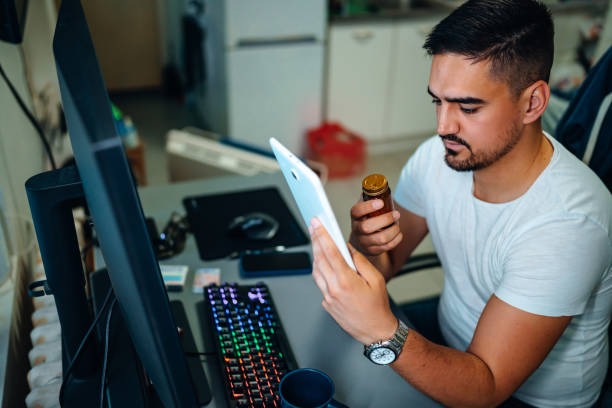For millions of people living with depression, antidepressants are a lifeline. These medications, including SSRIs (selective serotonin reuptake inhibitors) and SNRIs (serotonin-norepinephrine reuptake inhibitors), are often the first line of treatment. However, for approximately 30–40% of patients, traditional antidepressants fail to bring relief. This condition is known as treatment-resistant depression (TRD), and it can be deeply frustrating and debilitating. But there is hope—understanding why antidepressants may not work is the first step toward finding an effective alternative.
Why Antidepressants Don’t Work for Everyone
- Biological Differences
Everyone’s brain chemistry is different. Antidepressants typically target neurotransmitters like serotonin, dopamine, and norepinephrine, but not all depressive symptoms are caused by imbalances in these chemicals. Some individuals may have inflammation in the brain, hormonal imbalances, or structural brain differences that make traditional medications less effective.
- Genetic Factors
Pharmacogenomics (the study of how genes affect a person’s response to drugs) shows that genetic makeup can significantly influence how antidepressants are metabolized. Some people break down medications too quickly or too slowly, reducing their efficacy or increasing side effects.
- Inaccurate Diagnosis
Depression can overlap with other mental health conditions like bipolar disorder, PTSD, or ADHD. If these underlying conditions are misdiagnosed or unaddressed, standard antidepressants may be ineffective or even counterproductive.
- Inadequate Dosage or Duration
Some patients may not receive a therapeutic dose or may not take the medication long enough. It can take six to eight weeks for antidepressants to take full effect and even longer to find the right type and dosage.
Alternative Treatments for Depression
For those who don’t respond to first-line antidepressants, there are several evidence-based alternatives worth exploring.
- Psychotherapy
Cognitive behavioral therapy (CBT), dialectical behavior therapy (DBT), and other talk therapies can be as effective as medication for many people, especially when combined with pharmacological approaches.
- Lifestyle Changes
Regular exercise, improved sleep hygiene, a balanced diet, and mindfulness practices have all been shown to have positive effects on mood and mental well-being.
- Neurostimulation Therapies
Options like transcranial magnetic stimulation (TMS) and electroconvulsive therapy (ECT) are non-pharmaceutical treatments that can be highly effective, particularly for those with severe or treatment-resistant depression.
- Ketamine-Based Treatments
In recent years, ketamine—a dissociative anesthetic—has emerged as a rapid-acting antidepressant. SPRAVATO® (esketamine), a nasal spray derived from ketamine, is FDA-approved for treatment-resistant depression. It works differently from traditional antidepressants, targeting the glutamate system to promote new neural connections. Patients seeking SPRAVATO treatment can now access this innovative option through certified treatment centers under medical supervision.
- Integrative and Holistic Approaches
Some individuals find relief through acupuncture, nutritional therapy, or supplements such as omega-3 fatty acids and vitamin D, though these should always be discussed with a healthcare provider to avoid interactions.
To Sum Up
If you or someone you love isn’t responding to traditional antidepressants, it’s important to know that you’re not aloneand that effective alternatives are available. Working closely with a knowledgeable mental health professional can help identify the right combination of treatments to restore hope and improve quality of life. Depression is complex, but with persistence and the right tools, recovery is within reach.

